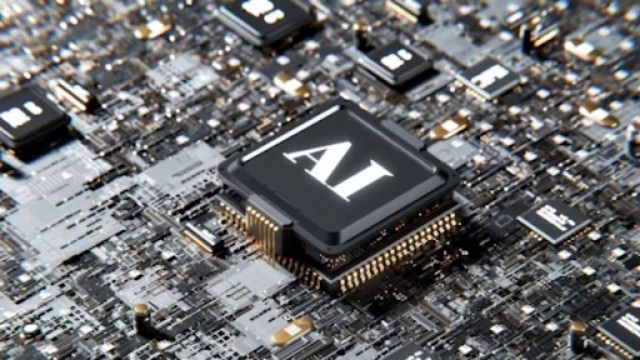
Apple is set to unveil the A18 chip during the launch of the iPhone 16 today. Shutterstock
Apple is set to launch its highly anticipated iPhone 16 today, showcasing a new generation of technology powered by the next-generation A18 chip. This chip is based on Arm's latest V9 design architecture, marking a significant advancement in Apple's ongoing efforts to bring more generative artificial intelligence (AI) features to its smartphones. The upcoming iPhone 16 is expected to continue Apple's trend of integrating AI capabilities, further enhancing the user experience.
The A18 chip, which will be revealed at the launch event, represents a major collaboration between Apple and Arm. Arm’s V9 chip architecture, first introduced in 2021, is seen as a major leap forward in chip design. Apple, which has a multiyear licensing agreement with Arm, has already been using this V9 architecture in its M4 MacBook chips, which was announced earlier this year. The iPhone’s reliance on Arm’s V9 technology, which makes up almost half of Apple’s overall revenue, marks an important step for both companies. Arm, in particular, benefits greatly, as V9 generates twice the royalties of its previous V8 design, according to Arm’s CEO, Rene Haas.
Arm’s architecture is crucial in designing the core functions of the chip, with the UK-based company earning revenue through licensing and royalties. This partnership with Apple strengthens Arm’s foothold in the smartphone market, which it has been gradually expanding into other sectors such as PCs, automotive, and industrial chips. Following a successful IPO last September, Arm’s shares have risen by 70% in 2024, driven by its focus on AI and diversification into different industries.
Apple's shift toward an AI-driven future is at the core of its latest developments. In June, the company introduced a range of features under the collective banner of “Apple Intelligence.” These innovations include a more advanced version of Siri, custom emoji generation, and enhanced photo editing, all powered by Apple's own AI models. Additionally, Apple is partnering with OpenAI to provide users with free access to ChatGPT and is developing a new “Private Cloud Compute” infrastructure designed to protect user data when it leaves the device.
However, integrating advanced AI features on a smartphone requires more powerful chips. The A17 Pro chip, used in the iPhone 15 Pro and Pro Max, was already a step forward in handling AI demands with Arm’s V8 architecture. The A18 chip promises even more power, allowing for smoother operation of AI functions and enabling Apple Intelligence to function seamlessly.
Investors are eagerly awaiting the launch of the iPhone 16, as Apple’s staggered approach to rolling out new features means not all AI capabilities will be available immediately. The company is expected to gradually introduce these features in different regions and languages, with further details likely to be revealed at the event. In the meantime, a developer beta test of iOS 18.1, the update that will bring Apple Intelligence to the iPhone, is ongoing.















